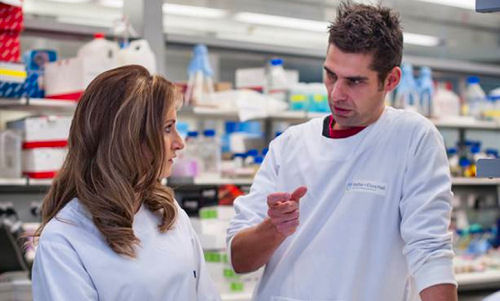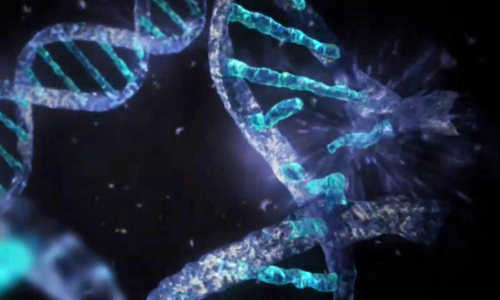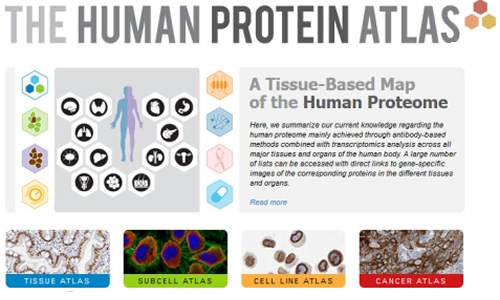Researchers led by Adrian Liston at VIB and the University of Leuven have discovered the genes that control the number of regulatory T cells in the body, a critical determinant for setting the strength of immune responses. This discovery may be an important starting point for the development of new drugs for the treatment of diseases of the immune system. The research has been published by the prestigious journal Nature Immunology.
In ideal circumstances the immune system is in balance, protecting us from infections and keeping us healthy. This balance can be disrupted, causing diseases of the immune system. An underactive immune system allows infections and tumours to grow, while an overactive immune system can drive allergies and autoimmune diseases such as diabetes and arthritis.
Regulatory T cells are a type of white blood cells that are specialised to keep the immune system in balance. To find out how the right level of balance is achieved, Adrian Liston, an expert in autoimmunity, teamed up with an Australian research group headed by Daniel Gray, an expert on cell death at Australia’s Walter and Eliza Hall Institute. In a 4 year research project funded by the IWT (agency for Innovation by Science and Technology) and the European Research Council, the two research groups found a network of genetic control that determined whether regulatory T cells lived or died, setting the level of immune activity in mice. The genes involved are almost unchanged between mice and humans, providing strong hope that the same pathway is active in patients.
“By working out the genetic control mechanism over regulatory T cell numbers we create a real challenge and opportunity for pharmaceutical researchers”, said Professor Liston. “We now have the blueprint for controlling the level of immune activation. The next step is to identify drugs which influence this system so that we can rectify disturbances when they occur. In theory, such drugs could be used to combat everything from cancer (when the immune system needs to be stimulated to clear cancer cells) to allergies and autoimmune diseases (when the immune system needs to be inhibited).”
Questions
Please address any questions you may have on this medical research to the lead researcher at [email protected].
Publication
The study is published in the leading journal Nature Immunology, Pierson et al., “Mcl-1 is critical for survival and niche-filling capacity of Foxp3+ regulatory T cells”.
Research team
The study was carried out by Adrian Liston’s research group in the VIB Autoimmune Genetics Laboratory, KU Leuven.
Story Source:
The above story is based on materials provided by VIB Life Sciences Research Institute.





